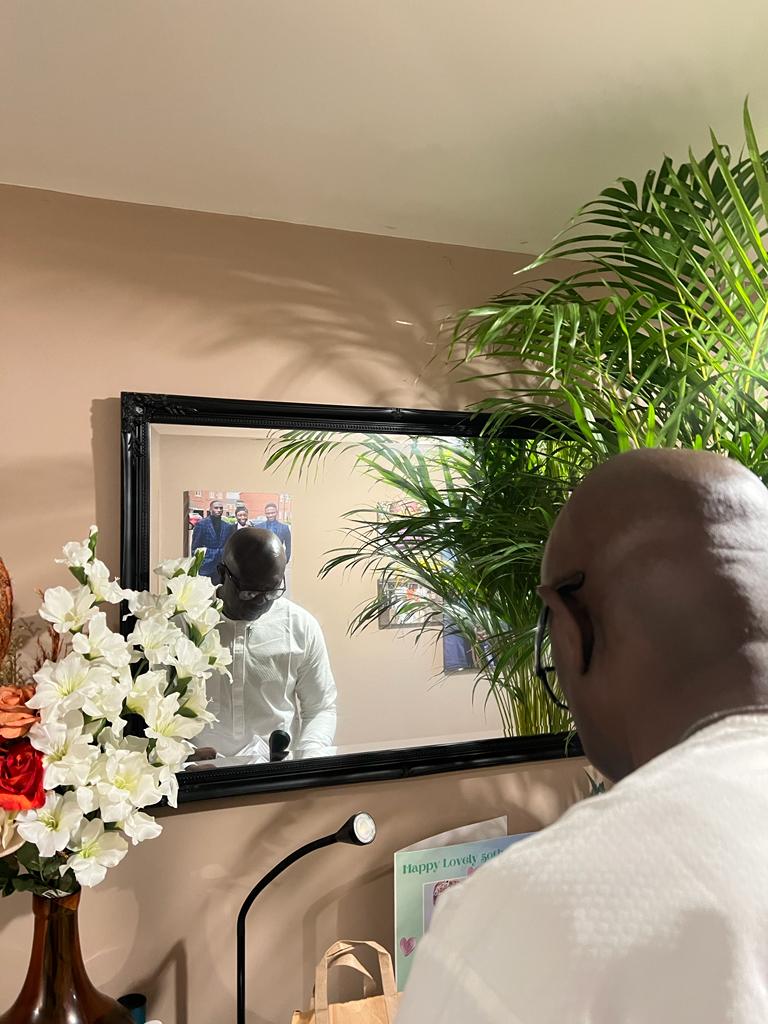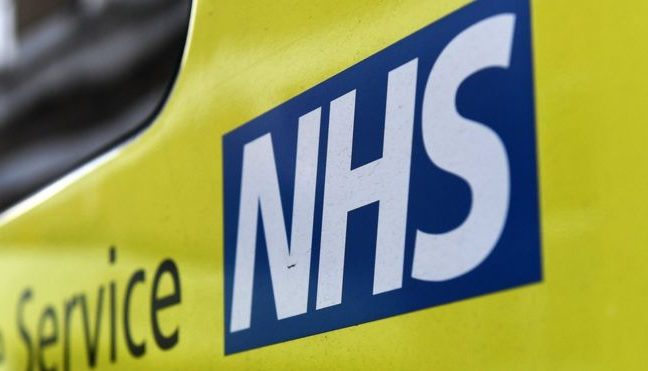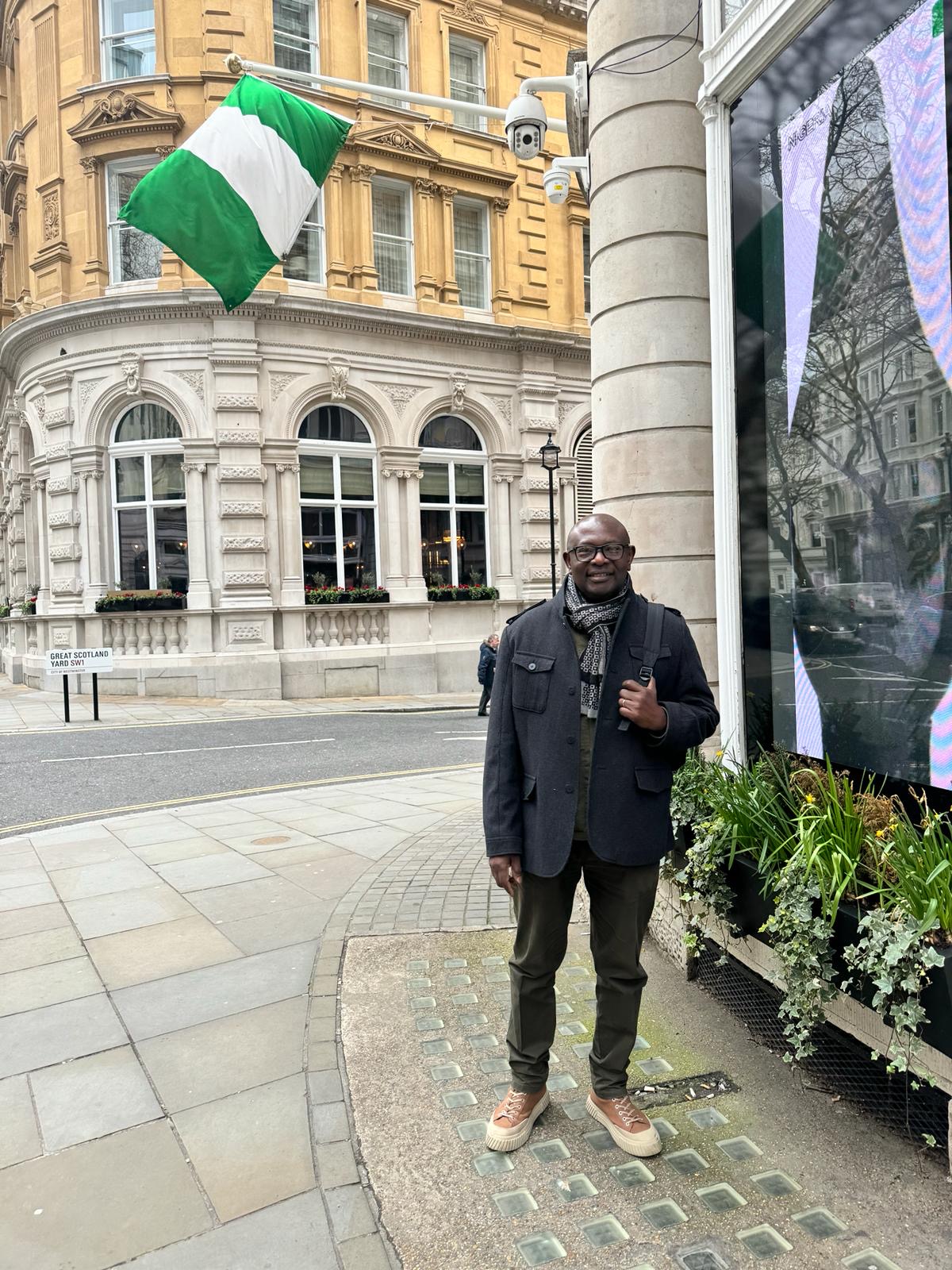Morak Babajide-Alabi
Last week Storm Eleanor came calling in the United Kingdom. And she caused a bit of destruction moving at a frenetic speed of up to 100 miles per hour in some areas. The damages she left in her trail are still evident in some quarters.
The country was lucky though, as it was reported that the full force of Eleanor was not really felt as compared to the northern parts of continental Europe. The devastation left in parts of France and Spain was much worse than in the UK. It was reported that in France over 200,000 households had their power supply cut off as a result of the storm, while in Paris, the Eiffel Tower was shut to the public because of the high winds.
You will be pardoned if you think the Eleanor we are talking about here is an elegantly dressed lady who had come to tease and steal the hearts of men in the UK. Rather, it was a storm that had been disguised in such a sweet name by the British Meteorological Office and Irish Met Eireann. Copying the United States of America, in 2016, the British public were told to submit names suggestions for severe storms and hurricanes.
Try and imagine how it is when you request relatives to assist you in choosing names for your newborn baby. Over 10,000 names were submitted by members of the public of which the Met Office had to whittle down to twenty-one with each name picked for the letter of the alphabet, minus Q, U, X, Y and Z. Trust me, fanciful names such as Eleanor, Caroline, Dylan and Georgina among other were chosen to keep the awareness of the storms in the consciousness of people. The lucky storms are those that have the potential to be classed amber – “be prepared” or red – “take action” warnings.
There is little people can do. No matter what you name the storms, they cannot avert or divert them. Not that the government is not aware of this, but using names, they argued, will bring the storms into the consciousness of the people and prepare them more than a normal weather forecast. The sweetness of the names do not change the destructions storms bring with them.
Storm Eleanor has come and gone. It was a touch and go situation for her. While no death was reported, there were instances of injuries on four people by falling trees and a few homes left with no power. The impact of Storm Eleanor was “chilling” after the cold end of the year 2017. There was no White Christmas, but the country was covered in snow in the last few days of the year. It was a cheery sight for children and adults alike as we all came out to play in the snow.
It was not a good sight for travellers though, as there were a lot of disruptions and chaos on the motorways, while emergency services were stretched to the maximum. For some drivers, it was a nightmare as their vehicles could not cope with the cold and the treacherous conditions of the roads.
You are right if you are wondering why all the fuss about storms, cold and snow. I quite understand as we need no special education for us to know the “makeup” of the winter period. This period is associated with viral infections such as flu, cold, sore throats and coughs. This is why more health awareness programmes are usually carried out by government, agencies and charity organisations around this time. The vulnerable, especially the elderly, people suffering from diabetes, asthma and other life-threatening diseases are offered flu jabs to tide them through the cold.
In the UK, it is traditional for the National Health Service (NHS) to be stretched to the limit during the winter period. It is a new year and winter period, and the service is under intense pressure, as it is struggling to cope with the influx of patients struck by the winter bug. The NHS marks its 70th year of existence this year, but this has not let up the barrage of criticism for poor performance and inability to meet the needs of citizens.
In order to ease the pressure, the NHS suspended non-urgent surgeries until the end of January. This means around 50,000 surgeries over this period has been cancelled. This has not gone down well with the patients and by extension, the general public. The NHS is also under fire for keeping patients waiting for hours on trolleys in hospital corridors.
One tends to ask – is the NHS is going down the hills? This is a perfectly innocent question, but all you will get from politicians are complicated answers. They have been pointing accusing fingers at each other as long as the history of the NHS. It is a veritable tool to score cheap political points. The Conservative Party condemned the Labour-led government for introducing the private finance initiative into the NHS. It believed that the NHS descended into an abyss of failure after Labour took this path.
The recent comments by government officials have not helped matters. In the wake of the latest crisis, Prime Minister Theresa May praised the staff of NHS for their dedication and said her government had increased the funding. She said more beds have been provided across the system and “reduced the number of delayed discharges of elderly people who would otherwise have been in NHS beds rather than in social care.”
This was contrary to the reality on the ground as described by her Health Secretary, Jeremy Hunt who said, “there are real pressures, no doubt about it”. The opposition was quick to pick on this as the Shadow Health Secretary Jonathan Ashworth MP, said the PM has once again revealed “how entirely out of touch she is. She will next be trying to lecture patients that ‘nothing has changed.”
The NHS is coping with cuts to budgets for social care leaving people without homecare no option but to be booked into the hospitals. Aside from this, the ageing population is growing more than it was five years ago. Coupled with the “lifestyle craziness”, such as cigarette smoking, drinking alcohol and heavy sugar consumption have all impacted on the number of citizens that need constant healthcare.
No matter on what side of the divide you are, the NHS is still regarded as of the best health provider in the world. To really appreciate, you need to place the NHS side by side with the health services of other developed countries. While some citizens of these countries have to pay heavily for health services and delivery, it is free in the UK from cradle to grave.
It will, however, be a crime to try and compare the NHS with counterparts in some developing countries, such as Nigeria. Unfortunately, health services are just non-existent, and this justifies the reason why Nigerian leaders “run” away to treat common ailments in the UK.
Health agencies and charity organisations have condemned the government for stifling the NHS of the needed funds. It is claimed the service is grossly underfunded and as a result always subjected to intense pressure to cope with the number of increasing patients.
The questions being asked here are what and who will save the NHS? Opinion leaders believe the government need to take the initiative, refocus the service by taking it away from the establishment’s bureaucracy.
As published in the Sunday Vanguard of January 7, 2017.







